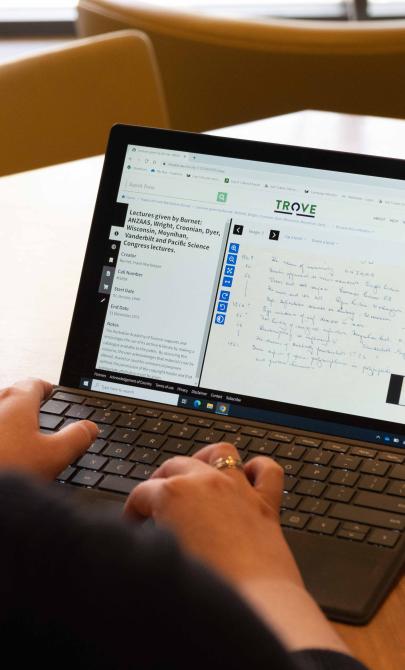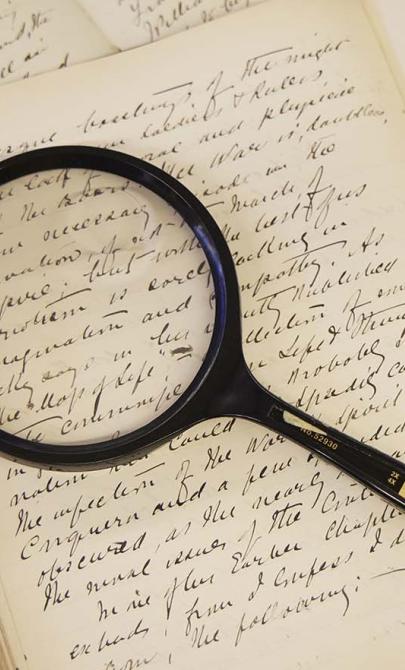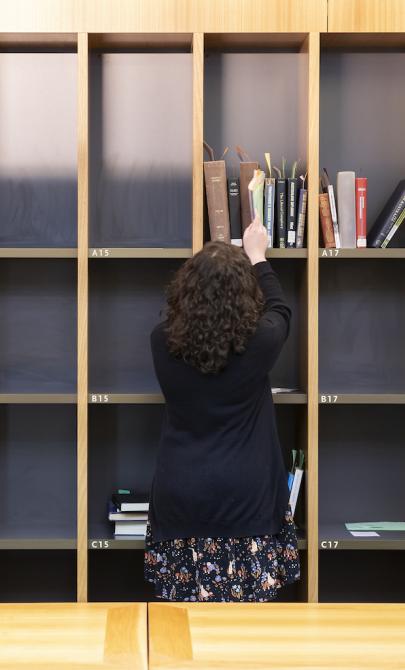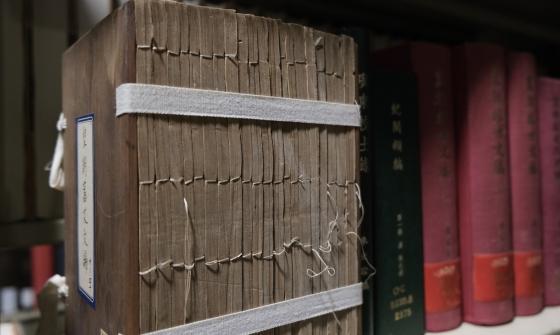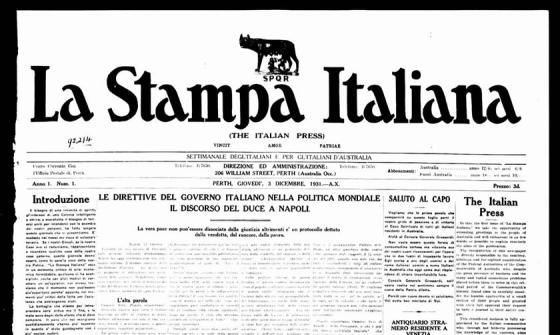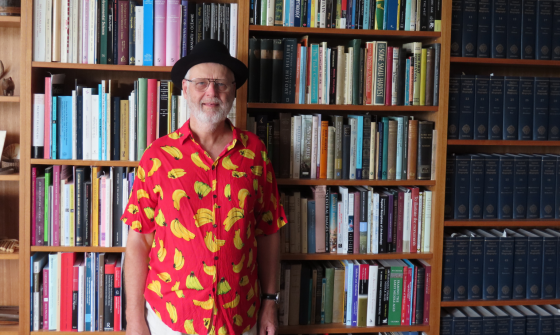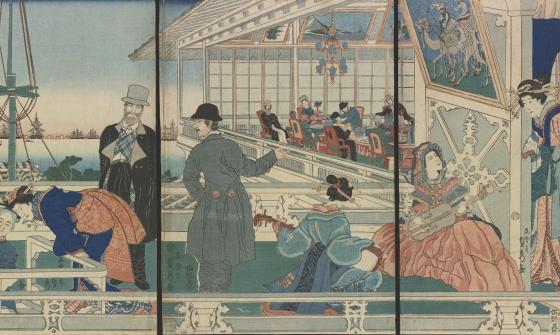Tobing Collection
Key items in the collection
Highlights from this collection demonstrate its historical significance and variety.
The books include works by noted European anthropologists such as:
- Emile Durkheim
- Raymond Firth
- Claude Levi-Strauss
- Margaret Mead
- Bronislaw Malinowski.
A large proportion of the works relate to Indonesia, including several titles on the Batak language and society:
- M Joustra, Karo-Bataksch woordenboek (1907)
- Mangaradja Asal, Oempama ni halak Batak (1939)
- CA van Ophuijsen, Kijkes in het huiselijk leven der Bataks (1910)
- HN van der Tuuk, Bataksch leesboek bevattende stukken in het Tobasch, Mandailingsch en Dairisch (4 vols, 1860–1862)
- HN van der Tuuk, Tobasche spraakkunst (2 vols, 1864–1867)
- P Voorhoeve, Overzicht van de volksverhalen der Bataks (1927)
- Joh Warneck, Die Religion der Batak (1909)
- Johannes Winkler, Die Toba-Batak auf Sumatra in gesunden und kranken Tagen (1925)
There are also many books on contemporary Indonesia, including writings of Soekarno and Suharto.
Other subjects represented in the collection include:
- Greek and Latin classics
- ancient history
- Indian history
- Christianity
- Islam
- Buddhism
- Hinduism.
The collection includes pamphlets on contemporary Indonesia, including writings of Soekarno and Suharto.
About Philip Tobing
Philip Oder Lumban Tobing (1921–1967), the great-grandson of a Batik chief, was born in Tarutung, North Sumatra.
Tobing's studies and thesis
He studied Indonesian languages at Leyden University in the Netherlands and theology at Heidelburg University, before gaining a doctorate at Utrecht University in 1955. His thesis was based on fieldwork in the Batak regions and was published as The Structure of the Toba-Batak Belief in the High God (1956).
Lecturer and Dean
Following his return to Indonesia, he lectured in anthropology at Padjadjaran University, Bandoong, and in 1958 was appointed Professor of Anthropology at Hasanuddin University, Macassar. He was the Dean of the Faculty of Letters in 1961–1964. He resigned from the post in 1964.
Tobing's writings
Other writings by Tobing include:
Background to the collection
The Tobing Collection was purchased in 1970 from Netty Tobing, the wife of Tobing.
The books have been catalogued individually and integrated in the general collection.
